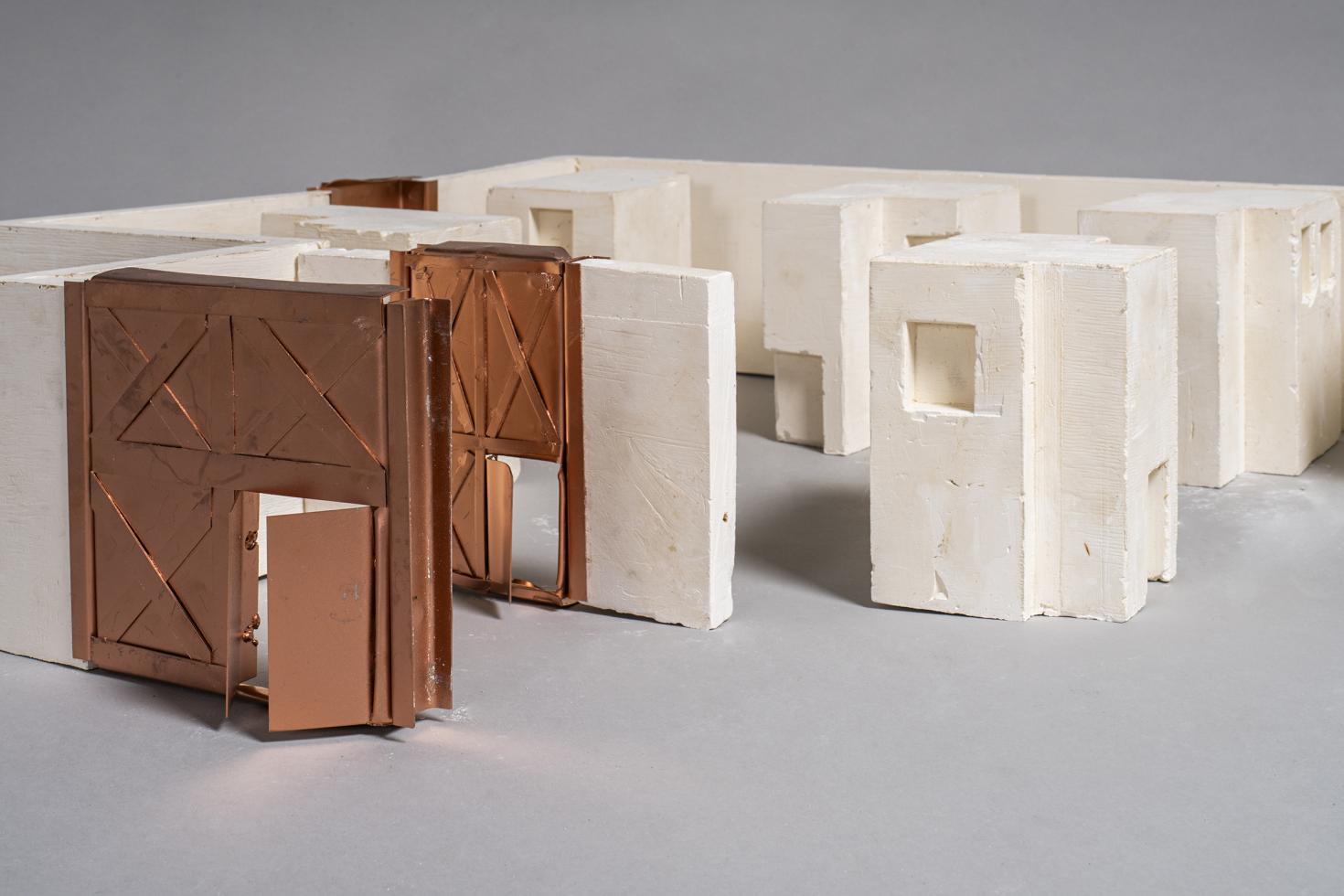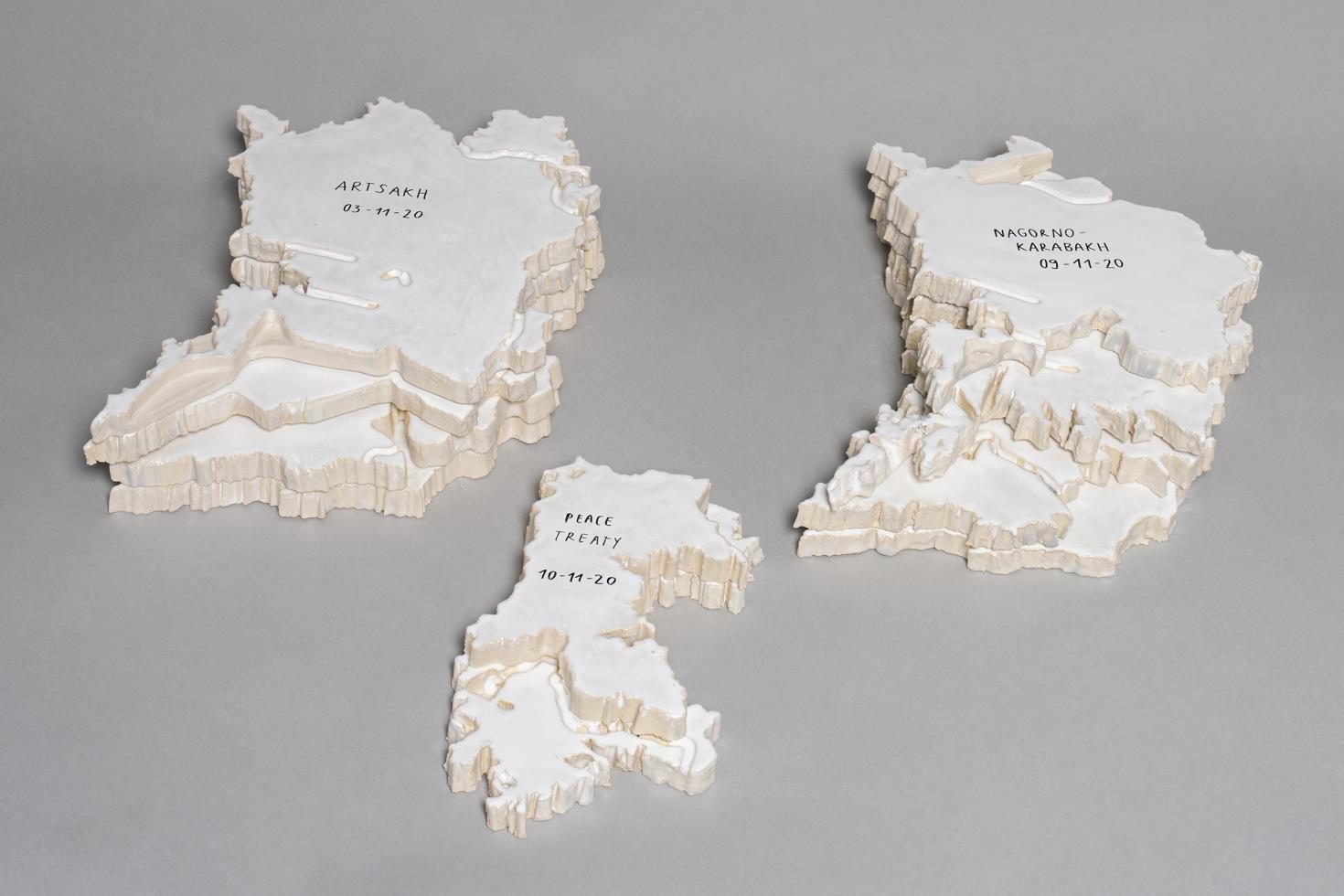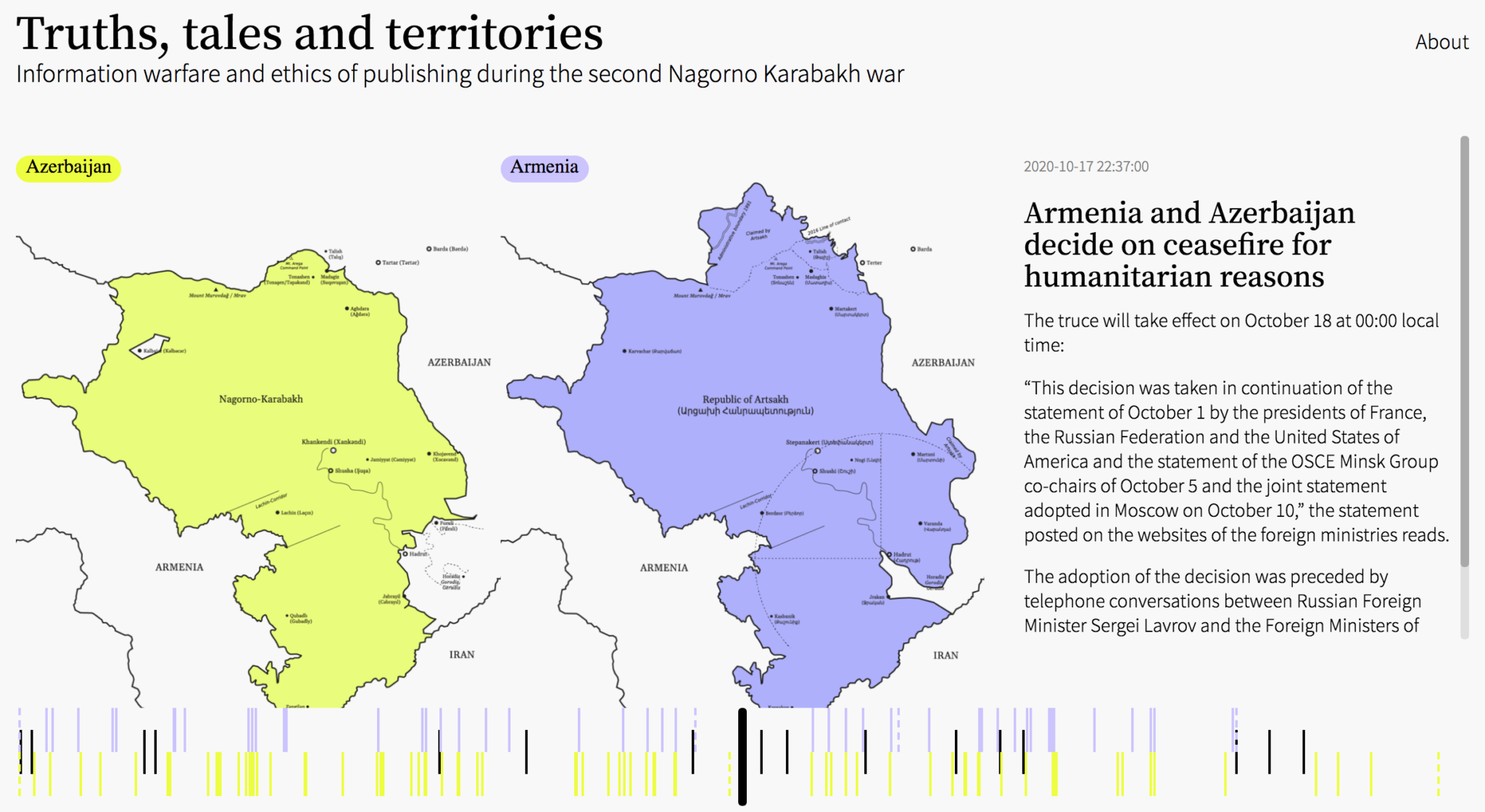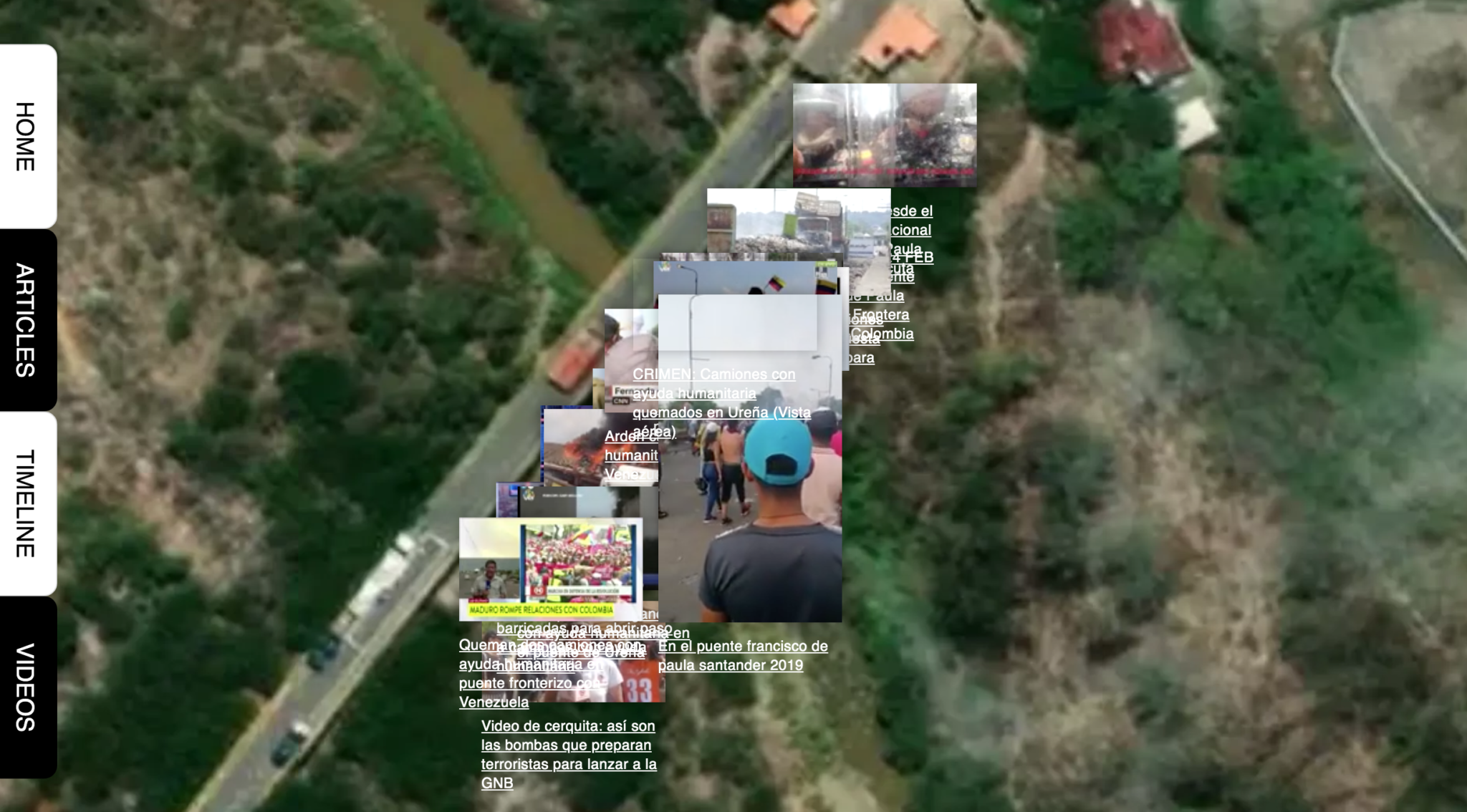NLN x Free Press Unlimited - Facts Not Filters
‘Facts not Filters’ was a research collaboration project between the
Inspired by case studies highlighting the need for press freedom all around the world, seven (groups of) students examined the complexities of culturally rooted and geographically specific nuances related to regional news reporting and distribution. Their artistic results were diverse works using physical structures, video or audio highlighting media functions and threats press freedom is exposed to.
Creative process
The project kicked off in September 2020, with a presentation by Boris van Westering, Sr. Program Coordinator Middle East North Africa & Pakistan at Free Press Unlimited, about the work of Free Press Unlimited. The students were presented with seven different cases from our partners worldwide, to inform and inspire them. Boris: "We tried to convey the challenges that our partners in different parts of the world face when trying to do their job: providing people with reliable information."

Each of the students embraced one of these cases, from Pakistan, to Tunisia, to Venezuela, and chose various ways to transform these into art. The creative process spread out over seven months, in which the students researched the different cases, speaking to the related journalists and experts themselves.
Boris van Westering was involved in the entire project. He explains the importance of this project as follows:
"Globally we see a sharp decline in press freedom and increased censorship. Because of this trend, the media sector has to seek to innovate. It is important to find alternative ways to distribute meaningful independent media content, that steers local debate or realise change"
"This first-time collaboration between the students of the Royal Academy of Art and Free Press Unlimited, is a kick-off of exploring new media narratives and it was for sure a very successful experience. We look forward to future innovations!"
Project outcomes
In April 2021, after an intense process, the students were ready to present their pieces of art. See below a recap of the presentation day at the Royal Academy of Art and more info per project further below.
Nelleke Broeze’s project addresses female journalist's rights and access in Pakistan. She focuses on how the structure of the patriarchal domestic space affects the mediation of news reporting. She has also documented the last months of Shaheena Shaheen's life, a female journalist in Pakistan, on this website. The project was inspired by partners Digital Rights Foundation and Tribal News Network (TNN).


Daan Veerman investigated the 2020 hate speech trial related to Dutch journalist Clarice Gargard, focusing on a selection of 200 racist hate messages from social media. Through an educational game the project aims to understand how messages were convicted. He has also documented the “comments” that were put on trial on this website.


Blandine Molin has written a rap song and created a music video to share the story of underrepresented youth organisations in Tunisia, her visuals combine video morphing of mosaic elements to draw comparisons between contemporary struggles and ancient narratives. This project was inspired by partner Al Khatt.
Erica Gargaglione, Elvi Kleyn and Paul Mielke are investigating the local news coverage on the ethnic and territorial conflict between Armenia and Azerbaijan over the disputed region of Nagorno-Karabakh, in the Caucasus area. The project focused on the role the Georgian independent news platform Jam News is playing in the way people form their opinions. They have published their research findings on this website.


Jeroen van den Bogaert, Jan Johan Draaistra and Coco Maier examine the silencing of Moroccan journalism through government actors by analysing the ‘Moroccan Press Code’ and constructing a timeline of the Omar Radi espionage case. They have also interviewed journalist and free press advocate Hicham Mansouri. This interview and further information can be found on this website.


Niels Otterman, Talita Virgínia de Lima and Akina Yoshitake López reconstruct the political conflict between pro- and anti-Maduro activists on the Francisco de Paula Santander bridge at the border between Venezuela and Colombia. They have also bundled the information and videos on this interactive website.


Camilla Kövecses’ research maps the shutdown of independent media in Hungary by means of sound. Camilla carefully draws together and archives the final audio moments of independent radio broadcasters. Camilla has documented it on this interactive website.


Interview with Lauren Alexander and Boris van Westerin about the project 'Facts not Filters'
Publication "Facts Not Filters"
Related items
Participating students:
Jeroen van den Bogaert, Nelleke Broeze, Jan Johan Draaistra, Erica Gargaglione, Elvi Kleyn, Camilla Kövecses, Talita Virgínia de Lima, Coco Maier, Paul Mielke, Blandine Molin, Niels Otterman, Daan Veerman, Akina Yoshitake López.
Tutors guidance/supervision:
"Facts Not Filters” was a 2021 educational project highlighting the international struggles of independent journalists developed by Lauren Alexander and Niels Schrader from the Non Linear Narrative Master’s programme at the Royal Academy of Art, The Hague in collaboration with Boris van Westering and Marieke le Poole from Free Press Unlimited. The project was supported by tutors Mijke van der Drift (theory), Lizzie Malcolm, Dan Powers (coding), Judy Wetters and Louise Rietvink (workshops).
Thanks to: Mariem Saeed (DRF), Sabin Agha, Umaima Ahmed, Margarita Akhvlediani (JamNews), Mira Chowdhury (FPU), Paul Vughts (Parool), Hazar Abidi (Al Khatt), Hicham Mansouri, Shiar Youssef (ARTA FM), Sherin Ibrahim (ARTA FM).


